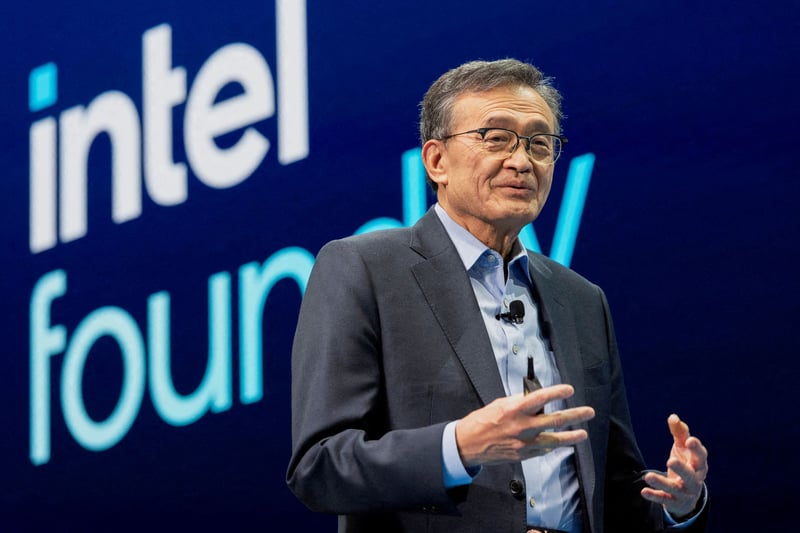Instagram Was Bought for Its Superior Camera, Zuckerberg Admitted in Antitrust Trial
Meta CEO Testifies in High-Stakes Antitrust Case
In a major development in the ongoing U.S. antitrust trial, Meta CEO Mark Zuckerberg admitted that Instagram was acquired due to its superior camera feature, which outperformed Facebook’s own efforts at the time.
Zuckerberg made the statement during his second day of testimony in a landmark case led by the U.S. Federal Trade Commission (FTC). The case aims to unwind Meta’s previous acquisitions, specifically Instagram and WhatsApp, citing anti-competitive practices.
“Buy or Bury” Strategy Under Scrutiny
Zuckerberg’s testimony appeared to support the FTC’s claims that Meta pursued a “buy or bury” strategy—buying out emerging competitors to maintain market dominance. This approach, according to the FTC, allowed Meta to suppress competition and strengthen its control over the social media market.
When asked whether Instagram posed a threat to Facebook’s business model at the time, Zuckerberg responded:
“We were doing a build vs buy analysis. I thought Instagram was better at that [camera feature], so I thought it was better to buy them.”
Failures in Building In-House Apps Admitted
Zuckerberg also acknowledged that many of Facebook’s internal efforts to develop standalone apps were unsuccessful.
“Building a new app is hard, and many more times than not, our efforts didn’t gain traction,” he told the court.
He noted that dozens of apps had been developed over the years, but the majority failed to attract users.
FTC Seeks to Break Up Meta’s Holdings
The FTC argues that Meta holds an unlawful monopoly in the personal social networking market, defined as platforms where users primarily share content with friends and family.
While Meta has pointed to competition from TikTok, YouTube, and Apple’s iMessage, the FTC contends that these platforms serve different user purposes and are not true substitutes.
Meta’s main competitors in the FTC-defined market include Snapchat and MeWe, a smaller, privacy-focused app launched in 2016.
Context of the Trial
The case was originally filed during the Trump administration and is viewed as a major test of U.S. regulatory power over Big Tech companies. The outcome could have lasting implications for how tech giants operate and how acquisitions are reviewed in the future.




